Exclusive: Pager terror victims in Lebanon say more would join resistance front now
By Hiba Morad
Israeli terror campaign cannot dissuade tens of thousands of highly-motivated young men from supporting the resistance with conviction until their last breath, a victim of the pager bombings in the Lebanese capital Beirut told the Press TV website.
Speaking from his bed at the American University of Beirut Medical Center (AUBMC), Ali said the recent assassination of senior Hezbollah commander Ibrahim Aqil and his comrades will inspire hundreds, if not thousands, of young men to join the resistance movement in Lebanon.
With a calm and composed tone, his eyes and hands both bandaged, Ali said the Tel Aviv regime fails to realize that the more they kill resistance fighters and leaders, the stronger and more determined the resistance front becomes.
"Israel assassinated senior Hezbollah leaders like Haj Aqil and Haj Mohsen, but we are all Haj Aqils and Haj Mohsens, and we will not leave this path. My friends and I will come back stronger, even if we're left with just one or two fingers," he said with a broad smile on his face.
Over 3,000 people, mostly ordinary citizens, were injured across Lebanon and Syria on September 17, following a series of explosions caused by a targeted Israeli attack on the country’s telecom network, which triggered pager devices to explode.
The indiscriminate pager bombings, which were first reported in the southern suburbs of Beirut, were followed by detonation of walkie-talkies, which also resulted in hundreds of casualties.
The method and modus operandi used in both attacks – on Tuesday and Wednesday – was the same, described by all military experts as blatant broad-daylight terrorism.
Barely three days later, on September 20, an Israeli airstrike involving heavy bombs struck the heart of Beirut’s southern suburbs, destroying two residential buildings.
Hezbollah chief Sayyed Hassan Nasrallah says that Israel's plan with the attacks on Tuesday and Wednesday was to kill as many as 5,000 people, but its plot was foiled with God's mercy and the efforts of the people pic.twitter.com/HTUgLq0J6U
— Press TV 🔻 (@PressTV) September 19, 2024
The terror attack killed more than 45 people and injured at least 68 others, though the toll is not yet final. Among those assassinated in the Israeli F-35 airstrike included Commander Aqil (alias Hajj Abdul Qader) and other senior commanders and members.
Hezbollah vowed to retaliate and walked the talk with a barrage of missile attacks targeting the Ramat David airbase and military airport southeast of the occupied city of Haifa as well as the Rafael military-industrial complex near Haifa early on Sunday.
Aqil was laid to rest in Beirut’s Dahiyeh on Sunday afternoon, hours after the Hezbollah military operation, which was only part of the retaliation.
"We will rise again"
Ali’s mother, whose son lost four fingers on each hand, spoke to the Press TV website, recalling the events of the bloody September 17 afternoon when the carnage took place.
“My son was sitting in his office when the pager exploded in his face as he checked the message he had received. He could barely see due to the blood covering his eyes and face,” he said.
“He reached for the door, only to realize his hands were bloodied, and his fingers had been blown off. Using his elbow, he opened the door and went downstairs, where some people helped him and transferred him to a hospital.”
She said Ali was initially taken to Al-Rasoul Al-Azam Hospital, but it was overwhelmed with victims, leaving no space even in the emergency department as the number of wounded was too high.
His friend informed her that an ambulance would transfer him to the American University Hospital as Ali had begun to lose consciousness due to excessive bleeding from deep wounds.
“I rushed to the hospital. As soon as I arrived, I saw a young man with folded eyes in an ambulance outside the emergency room. I jumped in, pushed aside the man sitting next to him, and said, ‘I’m coming with my son to the hospital.’”
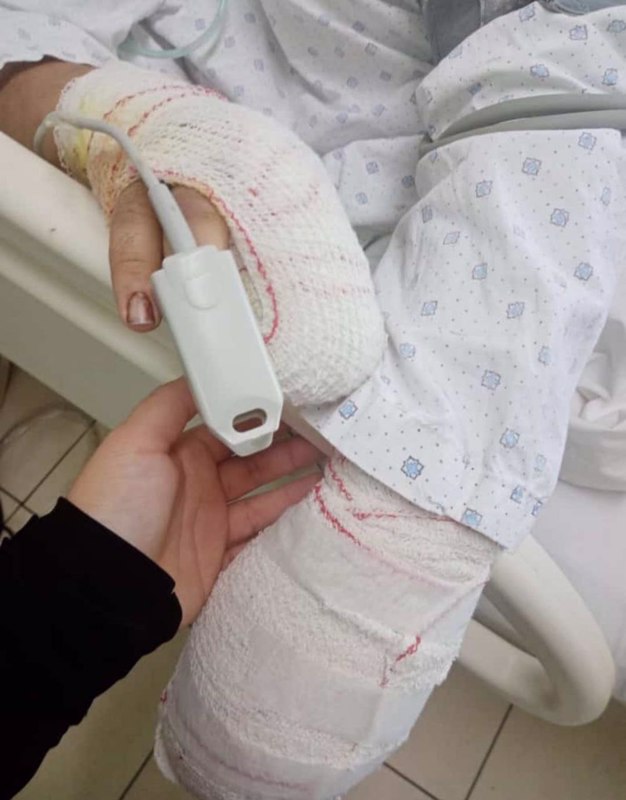
However, the man told her it was his brother in the ambulance.
“I was in complete shock. All these wounded young men looked the same, with their faces and hands wrapped in bandages. My son has a tattoo on his leg, and that was the only way I could confirm if it was him. I checked the leg above the ankle, but there was no tattoo,” she recalled.
Ali’s distraught mother eventually found him hours later at the American Medical Center.
“When I saw him, his spirits were high. The calmness and smile on his bloodied face reassured us,” she told the Press TV website while struggling to hold back her tears.
During surgery, under partial anesthesia, Ali attentively listened to Sayed Hassan Nasrallah’s speech, which came in the aftermath of the Israeli terror bombings.
Later, he asked his friends about the condition of others who had been injured and joked about how many fingers they had lost, saying they could still fight Israel with just one finger.
The following day, a representative from the wounded association visited Ali. His mother recalled Ali telling him with a hearty smile: “You better let me return to work as soon as I’m out of the hospital—I don’t have time to waste.”
He also asked to send a message to Hezbollah leader Sayed Nasrallah, saying: "Tell Sayed Hassan not to worry. We are resilient, we support him, and we aren’t going anywhere. We are here to stay."
The hospital lobbies and cafeterias had become gathering places for the parents, brothers and sisters of the wounded, where they met and emotionally reassured each other.
“You can feel the positive energy in these places,” she said. “We talk about how our children will return to work soon, despite their injuries, and how nothing will break their or our will,” Ali’s mother said.
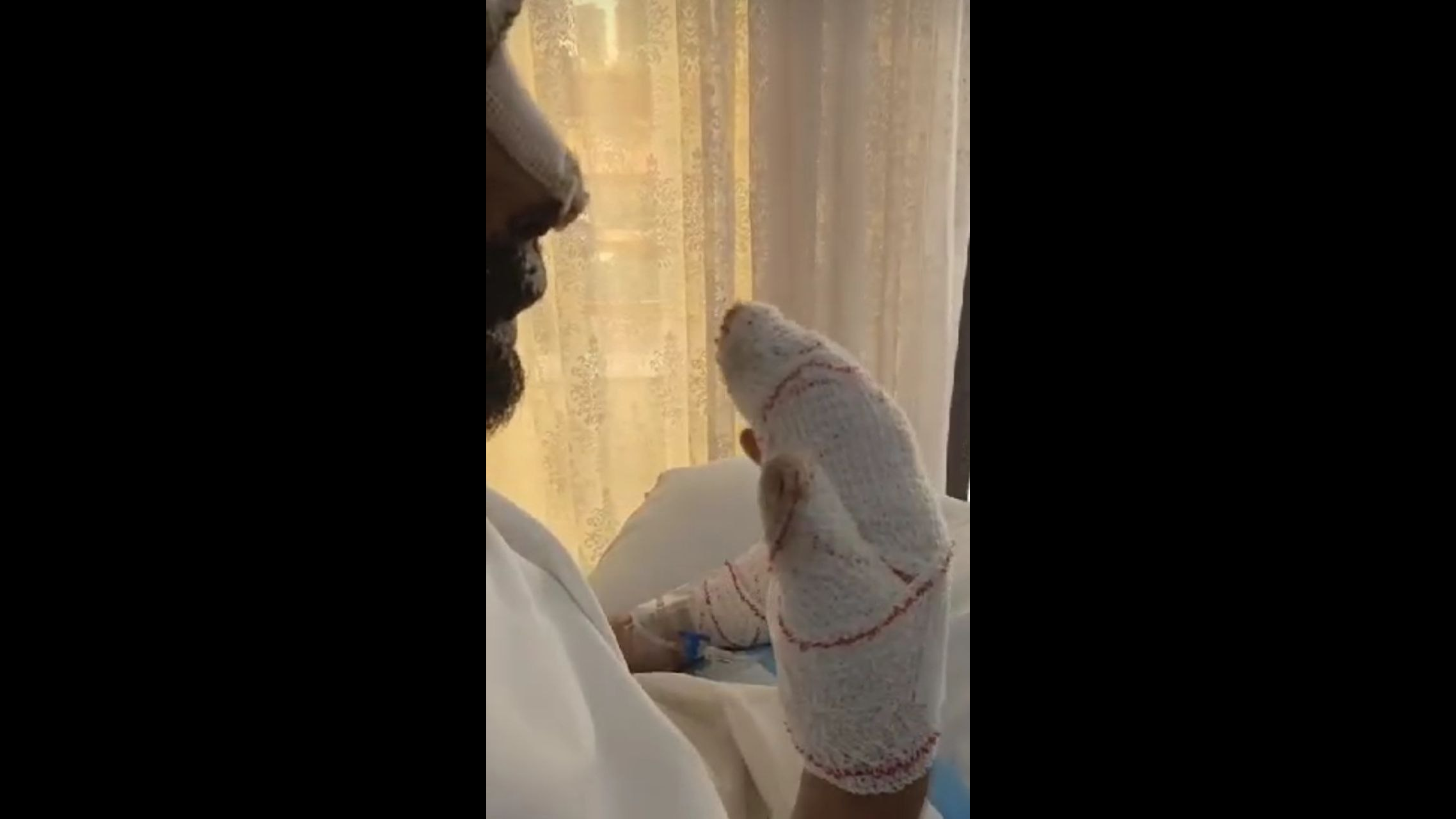
“Yes, it’s painful to see my son and other young people suffer, but we are confident things will get back on track, albeit with some changes.”
Lebanon’s Health Minister, Firas Al-Abiad, confirmed that at least 9 people had died so far from the pager explosions, with 2,750 injured, including 200 critically, across 100 hospitals in Lebanon.
In a press conference, Al-Abiad detailed that most injuries were to the face, eyes, hands, or abdomen.
Doctors racing against time
Medics and paramedics in hospitals across Lebanon have been working without break to treat the victims of the pager and walkie-talkie explosions caused by the Tel Aviv regime.
Speaking to the Press TV website, they described in graphic detail the horrific injuries, including eye damage, amputations, and severe wounds caused by the attack.
A doctor in Beirut, speaking anonymously, said she had never seen such injuries in her 20-year career.
“The most devastating injuries were to the eyes, with large shrapnel pieces removed. Seventy percent of victims lost one eye, and twenty percent lost both,” she told the Press TV website.
Dr. Marwa Akhdar, who works at Sheikh Ragheb Harb University in southern Lebanon, added that many injuries involved burns, lacerations, and erosions to the head, body, and limbs.
The cosmetic and surgical dermatologist who operated on a number of injured victims said a large number of patients had direct damage in the eyes, causing them to lose sight in one or both eyes, and damage to the limbs leading to exposed tendons and bones, even amputation.
She said the extent of the damage depended on the proximity and position of the pager or walkie-talkie.
‘Gory and gruesome’: Victims, families and doctors on pager blasts in Lebanon
— Press TV 🔻 (@PressTV) September 20, 2024
By @hibamoradd https://t.co/e6KMZzR1mI pic.twitter.com/NKXBOPDAte
Dr. Akhdar also described how medical teams were divided into groups to handle the heavy influx of patients. Some medics stabilized patients, others performed surgeries, and others conducted radiology scans and other medical tests to assess internal injuries.
“We tried very hard to hide our tears and sadness. It felt like suffocating,” he explained.
“All doctors had mixed feelings of sorrow, pain, frustration, anger, and outrage but still were determined to keep going because we had to. The wounded patients were in high spirits and that was incredible.”
She recalled that one of the victims, a 14-year-old boy with a damaged foot and hearing loss in one ear, even joked with the medical staff about how he had slept through the explosion.
“He was jokingly saying that he was fast asleep when the explosion happened in the room, however, he woke up to the voices of crying and screaming of his mother and sister on their way to the hospital.”
Among those killed was a 9-year-old girl, a 10-year-old boy as well as the son of a Hezbollah-affiliated lawmaker, as reported by Press TV website earlier.
Israel’s history of targeting civilians, including women and children, in Lebanon and Palestine continues to defy international law and basic war ethics, according to experts.
VIDEO | US support for Israel’s expansionist agenda
Palestinians granted only 66 building permits in West Bank over 11 years: Report
Somaliland ready to give US access to its minerals, military bases: Minister
VIDEO | Iran's game changing retaliation boxes- part 1
VIDEO | Iran's game changing retaliation boxes- Part 2
VIDEO | Palestinian widow raises three kids in Gaza as her husband killed by Israel
Palestinian teen killed as raids and settler violence intensify across West Bank
Iran’s layered arsenal primed to deter – and decimate – US warships in Persian Gulf


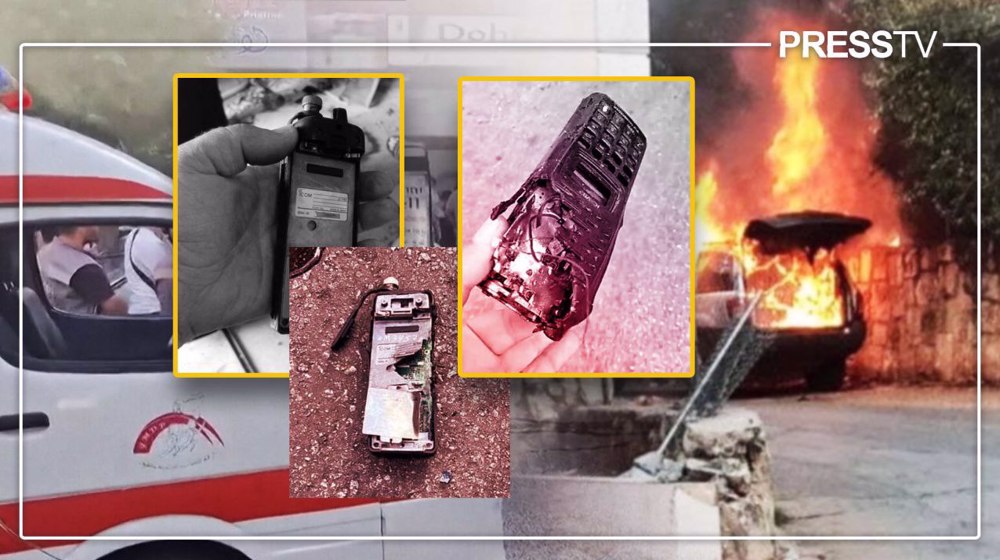
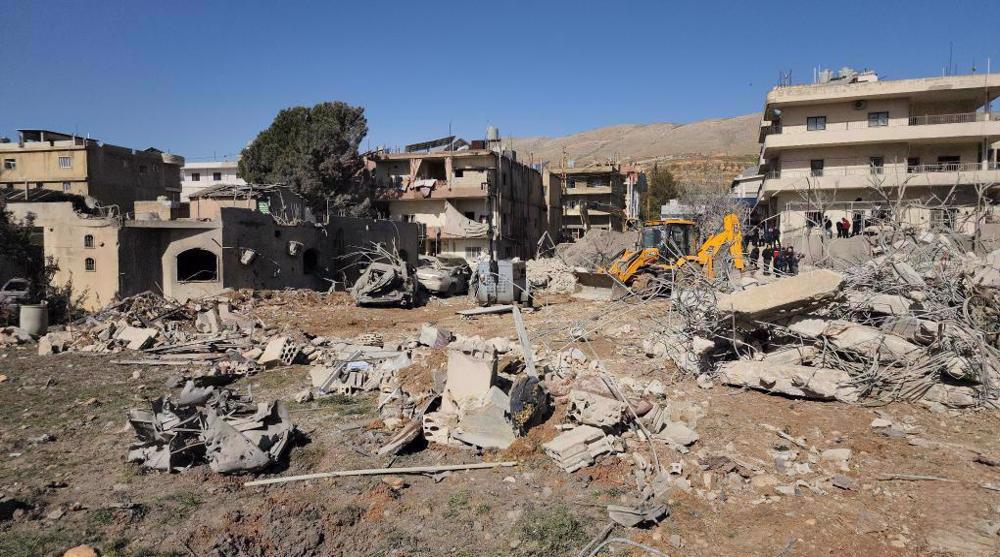
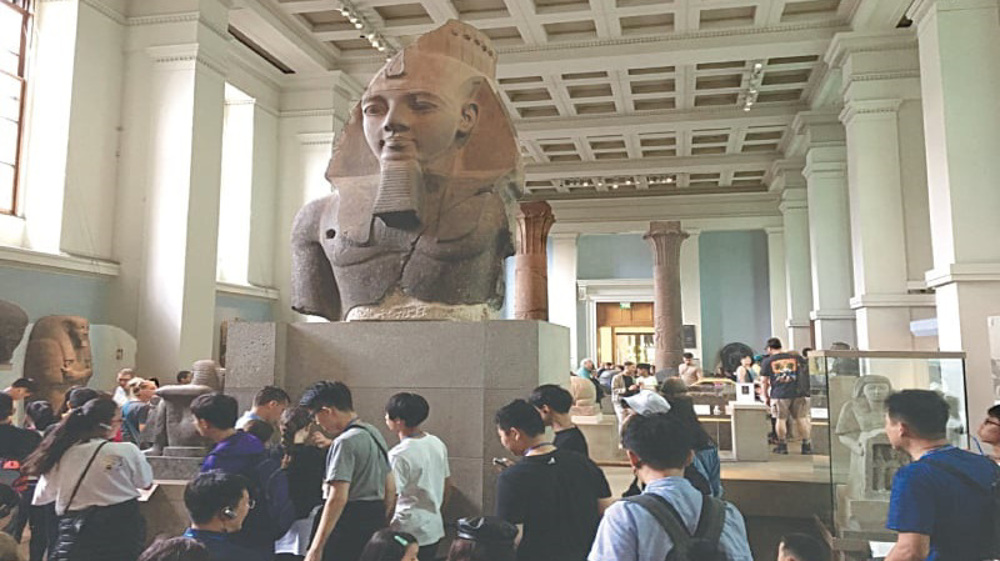
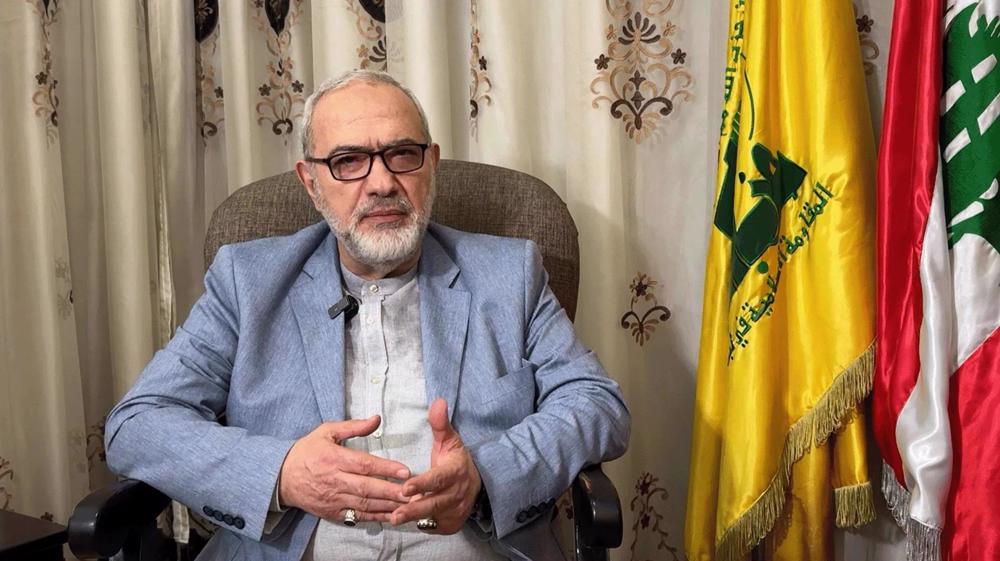



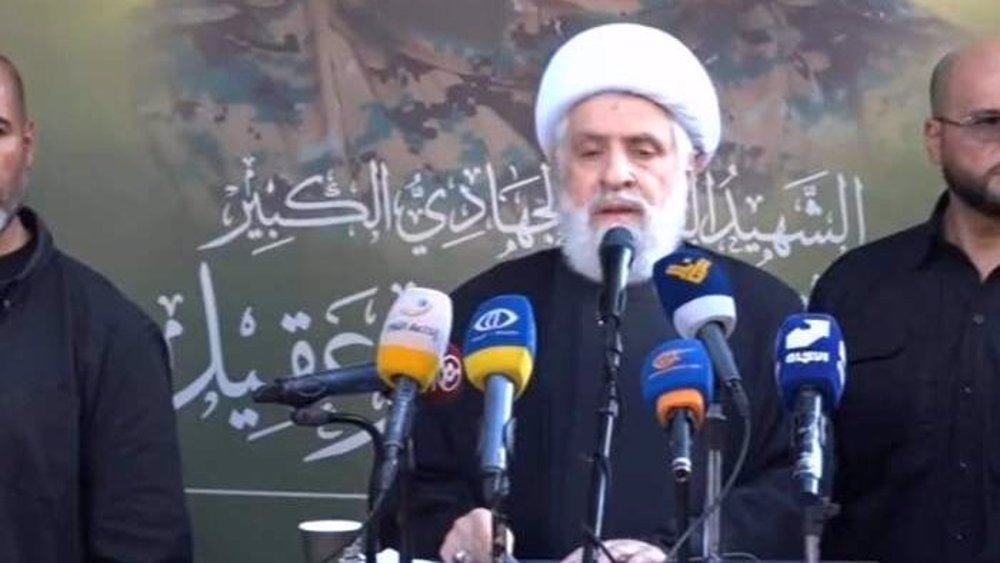
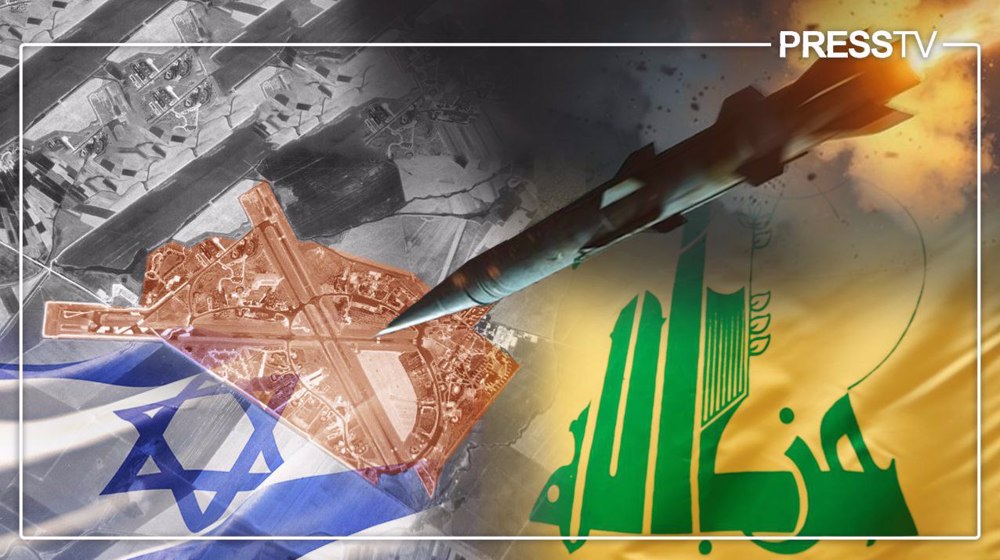
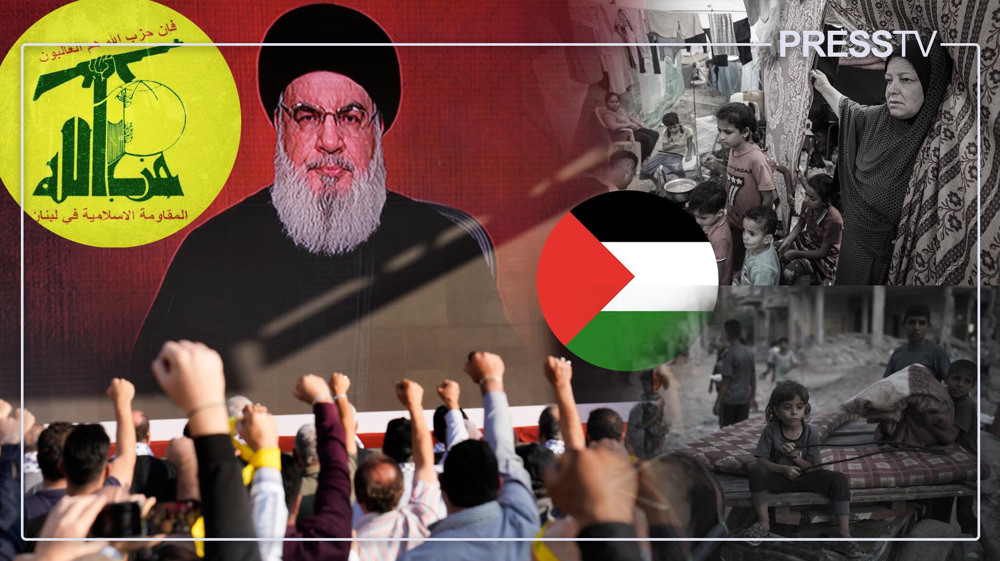
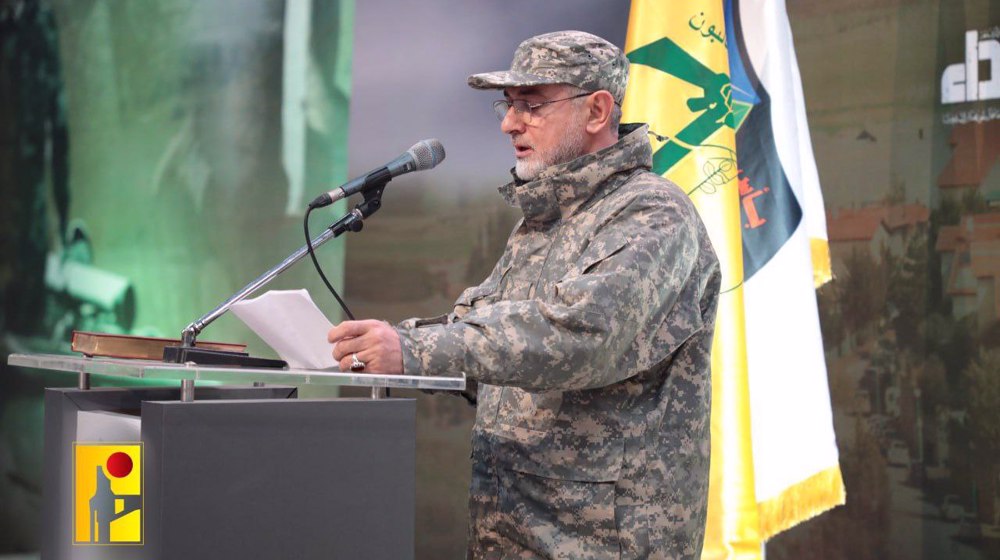
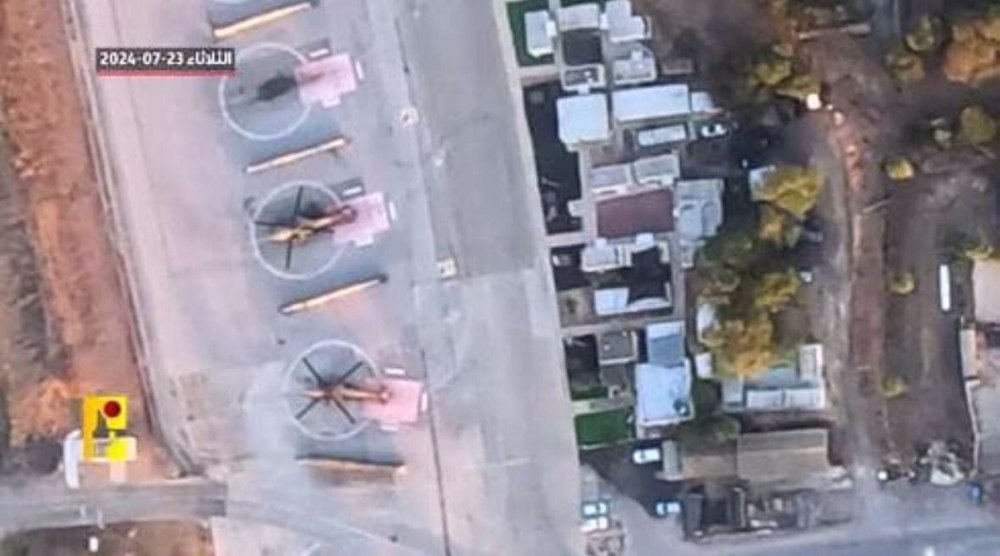

 This makes it easy to access the Press TV website
This makes it easy to access the Press TV website